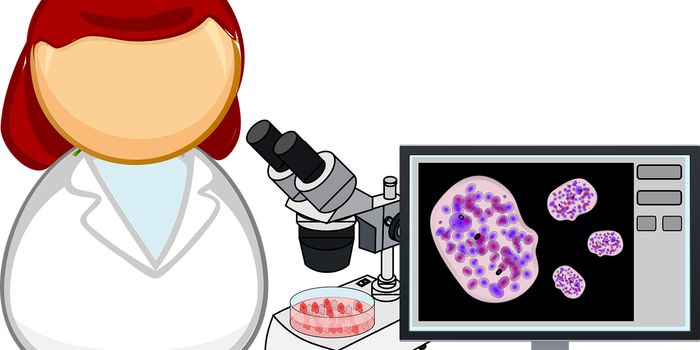Study Reiterates the Clinical Challenges of Treating Biliary Duct Cancer
Biliary tract cancer (BTC), a rare malignancy that grows within the bile ducts and gallbladder, grows very aggressively. The fast progression associated with BTC makes it challenging to treat and leaves patients with minimal therapeutic options and poor outcomes. Also, because most BTC diagnoses identify late-stage disease, surgical resection is rarely an option.
Results of a large study recently published in the Journal of Clinical Oncology demonstrate positive outcomes in BTC from a new treatment regimen. The researchers designed the study (SWOG S1815; NCT03768414) as a randomized, phase III trial to evaluate the efficacy of two chemotherapy regimens, one consisting of gemcitabine and cisplatin (GC), and the other adding a third component, nab-paclitaxel (GAP).
The study enrolled 441 patients with newly diagnosed locally advanced unresectable or metastatic BTC, including cases of extrahepatic cholangiocarcinoma (17%), intrahepatic cholangiocarcinoma (67%), and gallbladder carcinoma (16%). The researchers randomized patients to receive either GAP or GC. Both regimens were administered on the same schedule, once daily on days 1 and 8 of a 21-day cycle.
Across all cancer types, overall survival did not differ between patients receiving GAP (14 months) versus GC (13.6 months). Progression-free survival also appeared similar at 7.5 months for GAP and 6.3 months for GC.
Despite the overall similarities, the researchers observed better GAP outcomes than GC when looking specifically at locally advanced cases and excluding metastatic cases. However, the differences did not reach statistical significance in this study. GAP also appeared more promising in the cohort of patients with gallbladder carcinoma than those with either subtype of cholangiocarcinoma. In addition, patients receiving GAP experienced more toxicity than those receiving GC.
The study concluded that the addition of nab-paclitaxel to the GC chemotherapy regimen did not have a beneficial impact on patients with BTC. The authors suggest that the heterogeneity of BTC lends to the clinical challenges of treating the disease. They propose future research directions that include employing genomic, transcriptomic, and artificial intelligence (AI) tools to identify patients who will benefit most from the more intense GAP regimen.
Sources: Lancet, J Clin Oncol









